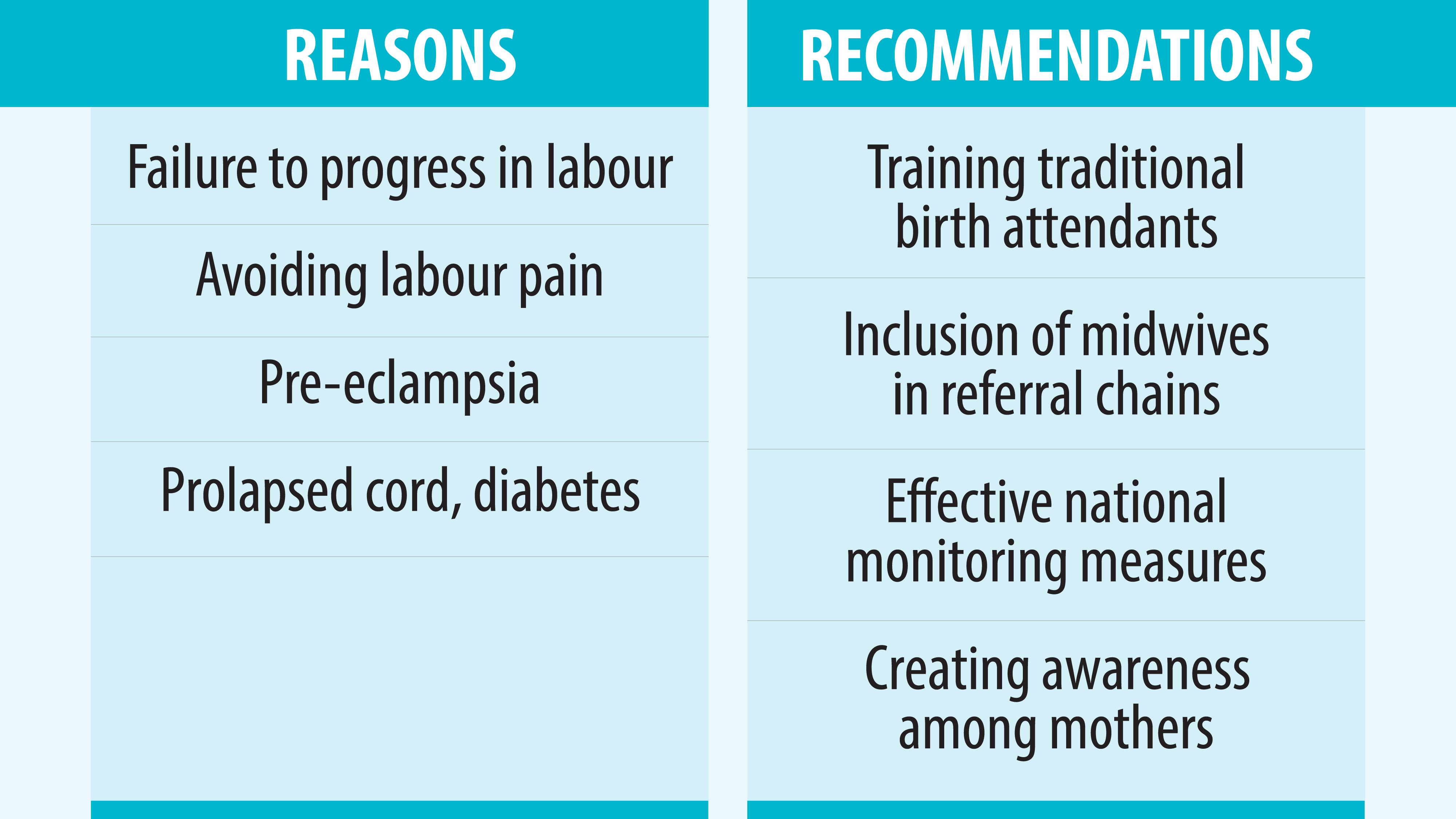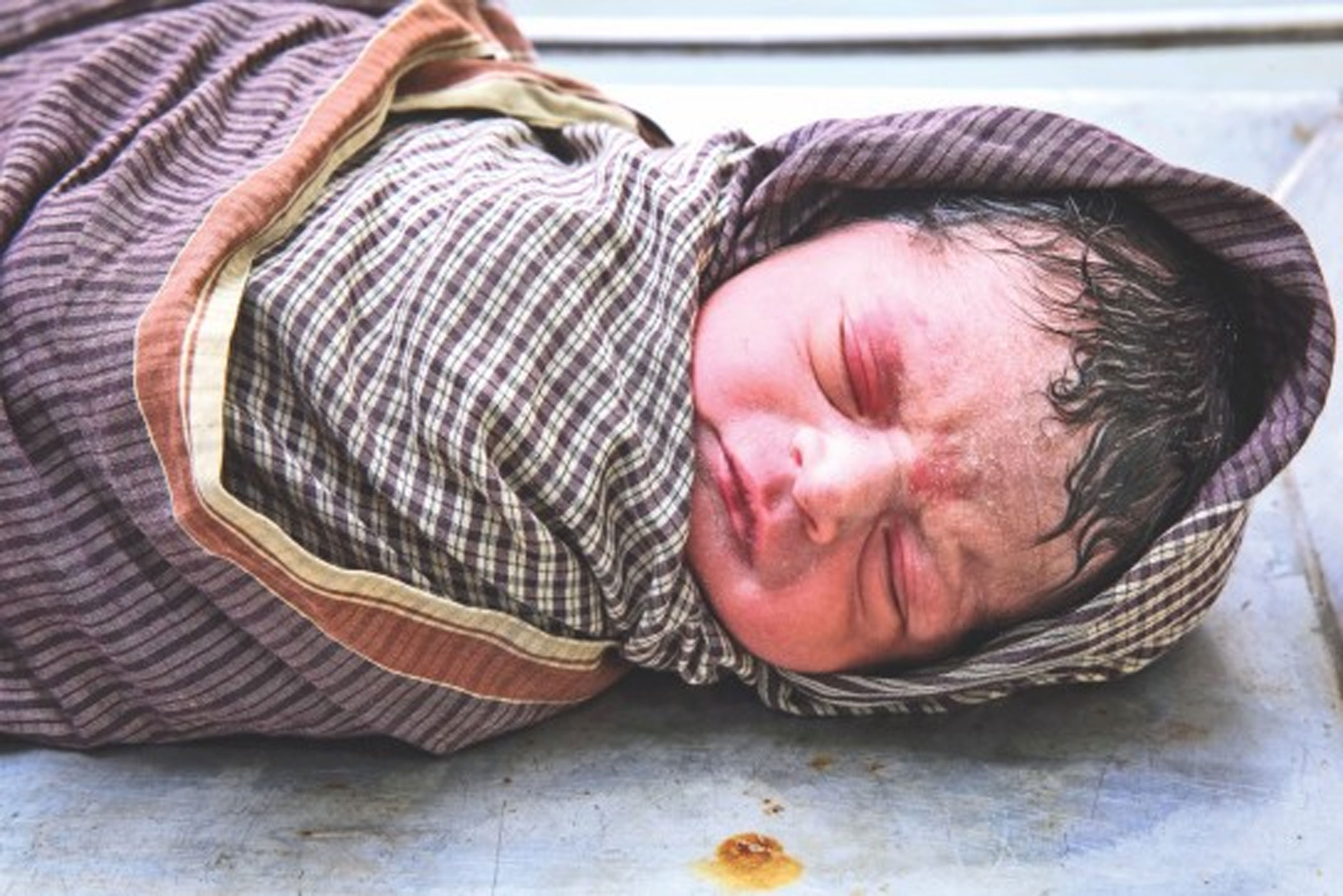Prioritise safety, not profit

We are concerned regarding the increasing rate of unnecessary Caesarean section births taking place in Bangladesh. As a recent analysis – titled "Massive boom of Caesarean delivery (C-section) in Bangladesh: A household level analysis (2004-2018)" – found, the rate of caesarean deliveries has increased almost eight-fold in Bangladesh. In 2004, the rate stood at four percent, but the analysis revealed that the rate was found to be 33 percent in 2017-18. This rate is 18 percent higher than what the World Health Organization recommends it should be of the total birth deliveries in a country. More concerningly, Bangladesh's rate of caesarean section deliveries far exceeds those of its neighbours such as India, Nepal, Myanmar, and Pakistan. And, alongside urban mothers, women in rural areas have also increasingly been opting for C-section births.
While a C-section birth is needed in situations of malpresentation, failure to progress in labour, pre-eclampsia, prolapsed cord, etc, it should never be the go-to method of delivery. The fact that C-sections can also be unhealthy or even dangerous is often unknown to mothers. The most common complications for women getting C-sections are infections, fever, excessive bleeding, muscular pain, headaches, and anaesthesia-related complications. This seemingly convenient procedure also increases the risk of serious complications during one's next pregnancy, including the possibility of being unable to have children in the future.
Given the aforementioned rise in the rate of C-section deliveries in Bangladesh, it is clear that a chunk of them are done unnecessarily, only for the hospital to pocket the higher price of the procedure versus the low cost of a normal delivery. Doctors in private hospitals reportedly falsely claim malpresentation to convince mothers to go for a C-section. How can doctors be so crass regarding the health and safety of their patients? Another issue that must be addressed is the need for trained birth attendants such as midwives. If they are integrated into the referral chain, even if a mother opts for a normal birth at home, a trained midwife could recognise at one point a normal delivery is unlikely and can then recommend that the patient be taken to a hospital instead.
We urge the government and its health sector to take action against hospitals which exploit birthing mothers by performing unnecessary C-sections. We also believe it is high time for traditional midwives to become integrated into the process of child-birthing and for there to be communication between them, the government, and hospitals. While it is crucial that mothers are made aware of when they should opt for a caesarean section birth, it is up to medical professionals to prioritise their ethics and never recommend a C-section procedure for the sake of profit – as has widely become the practice. Every child deserves a safe birth, and that's what the end-goal for healthcare professionals must be.



 For all latest news, follow The Daily Star's Google News channel.
For all latest news, follow The Daily Star's Google News channel. 

Comments